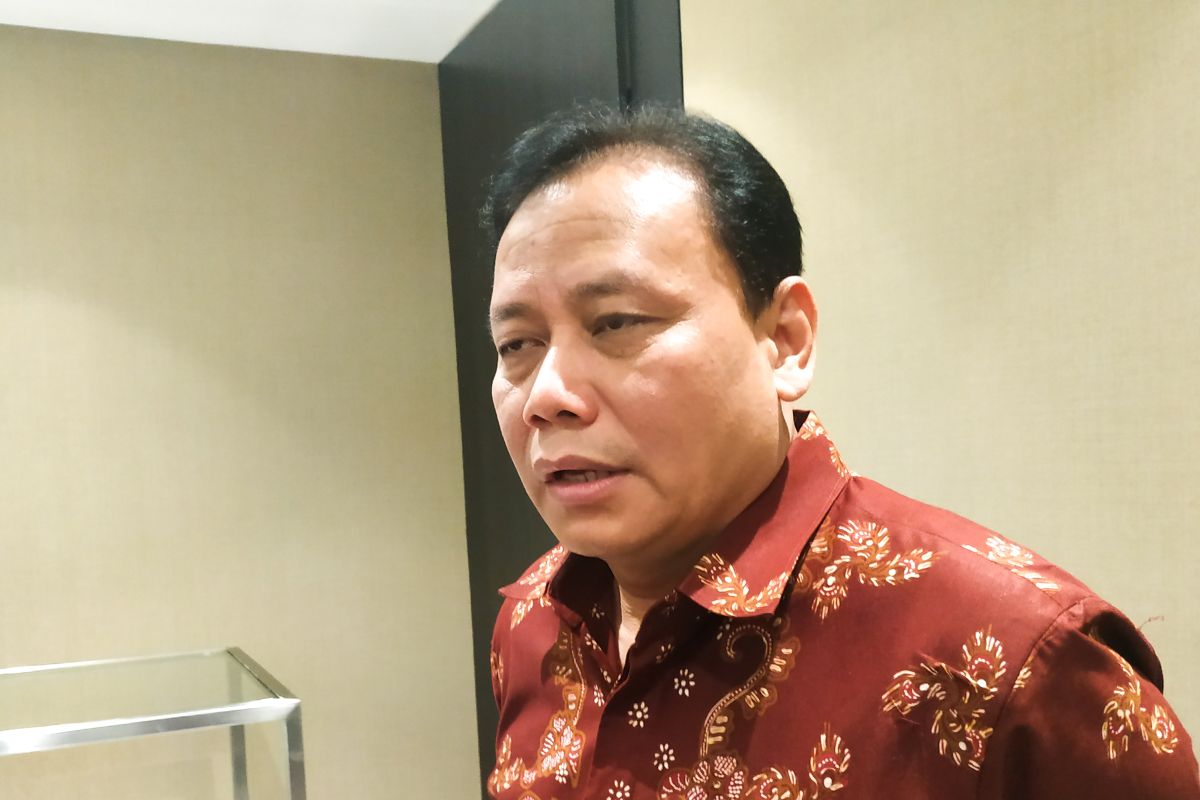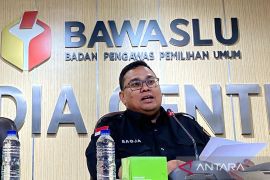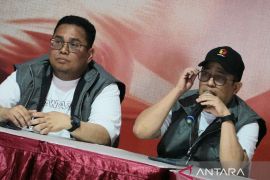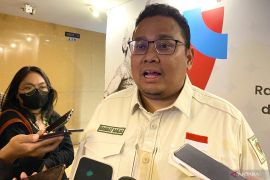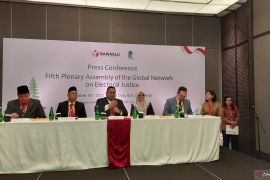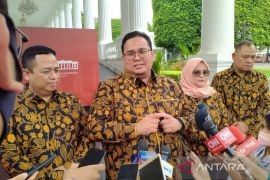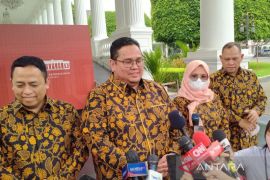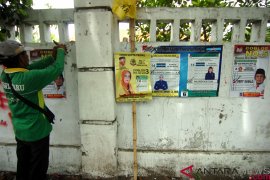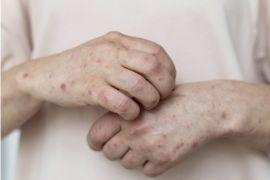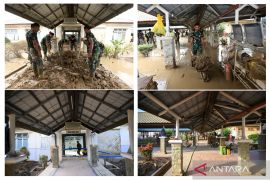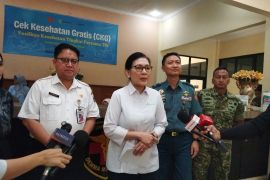"The objective behind this cooperation is to ensure the protection of health of Indonesian citizens, who participate as members of the sub-district and village supervisory election committee secretariats as well as supervisors at polling stations (TPS) during the 2020 pilkada," Bawaslu Chairman Abhan explained here on Tuesday.
The ad-hoc committee members are overburdened with conducting tasks amid the COVID-19 pandemic, as they have to interact directly with the community during the process of the simultaneous local elections in 2020.
"The task is certainly not easy because it involves direct interaction with the community, for instance, conducting door-to-door monitoring the eligible voters' data matching process personally. They have to pay visits for confirmation. The executors certainly need to comply with strict health protocols," he affirmed.
If they do not implement the health protocols stringently, it might increase the likelihood of COVID-19 spreading among the elections' executors and eligible voters.
Related news: Home Minister hopes 50 percent turnout in December local elections
Related news: House urges KPU, Bawaslu to draft SOPs to tackle COVID-19
Safeguarding public health is a priority during pilkada, for which the application of strict health protocols becomes crucial, he remarked.
The cooperation between Bawaslu and the health ministry focuses on increasing the knowledge of health protocols against the pandemic to prevent the occurrence of new clusters of COVID-19 during pilkada.
"Having knowledge of occupational safety and health is crucial, taking into account the large workload borne by members of the superintendent committee secretariats at the levels of sub-districts, villages, and polling stations," he pointed out.
In the meantime, last year's Indonesian simultaneous legislative and presidential elections, which were the world's largest single-day democratic exercise, resulted in unexpected martyrs -- 253 polling officers, 55 election supervisors, and 18 police officers -- dying of alleged exhaustion.
Held on April 17, 2019, Indonesia's foremost simultaneous legislative and presidential elections were chiefly organized to save time and energy as well as to curtail costs, though it also created unexpected problems, including pertaining to the health of election field executors, who had to toil for protracted hours.
Different parties had vehemently urged to conduct a complete and comprehensive assessment of the elections organized in over 810 thousand polling stations across Indonesia and overseas.
Related news: DPD RI prepared to conduct evaluation of 2020 local elections
Related news: New health protocols should be prioritized during local elections
Translator: Boyke LW, Fardah
Editor: Sri Haryati
Copyright © ANTARA 2020
